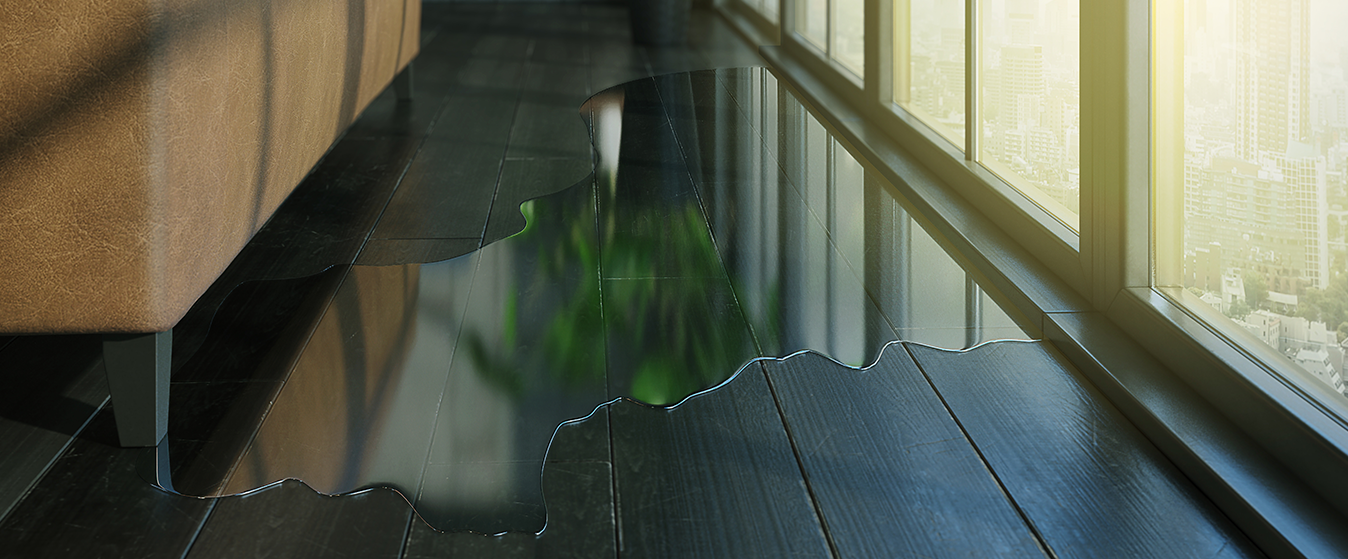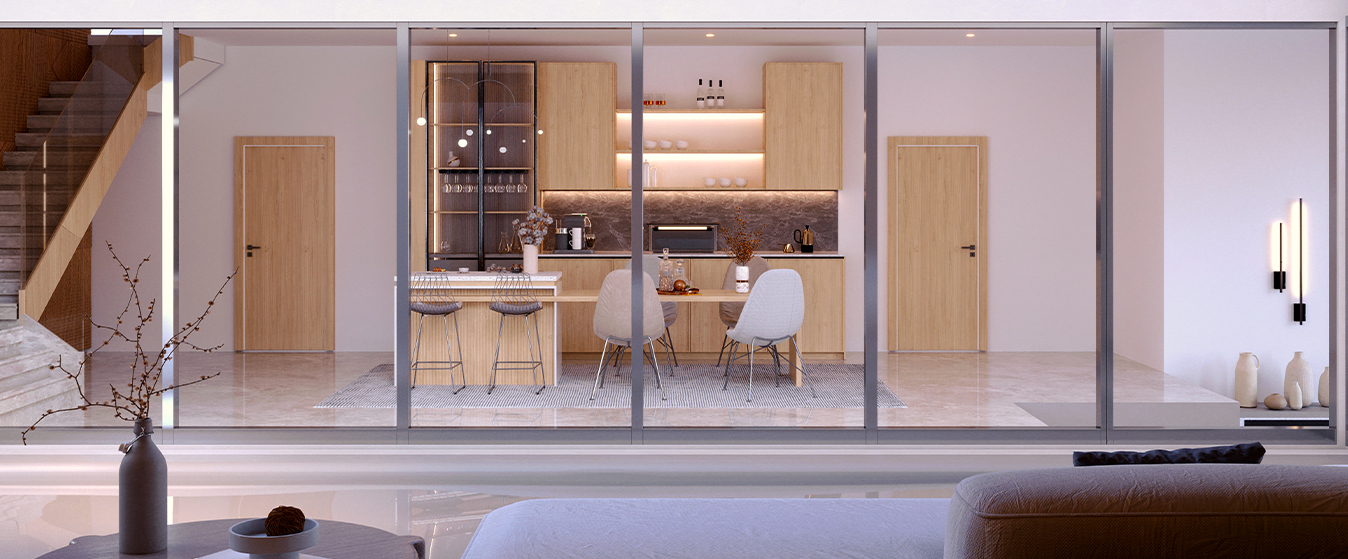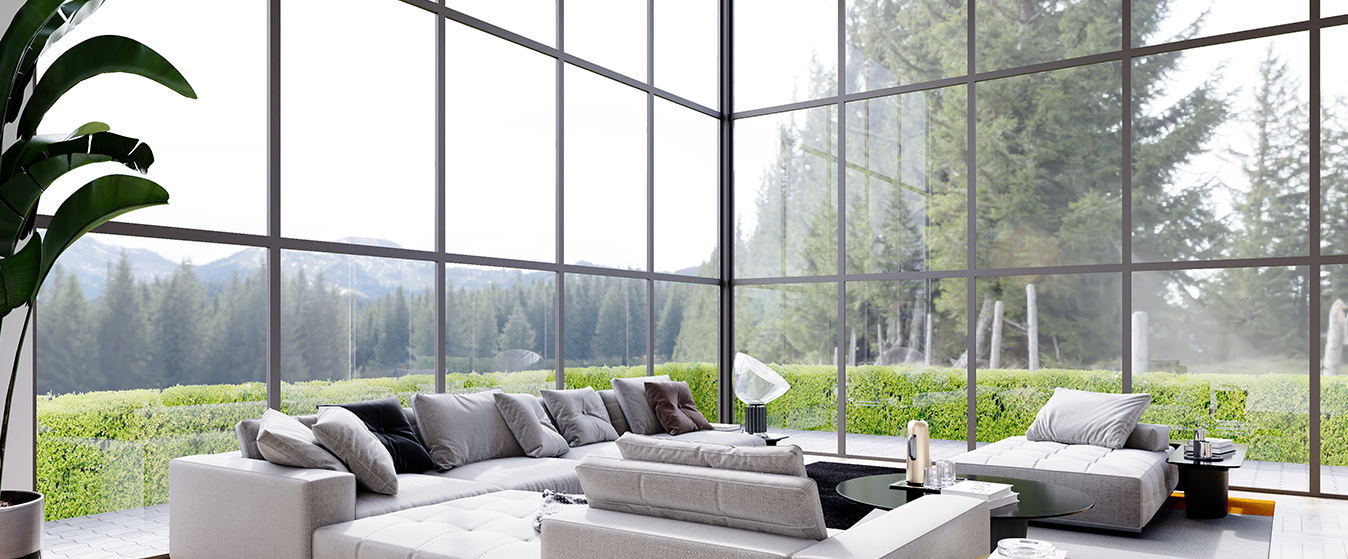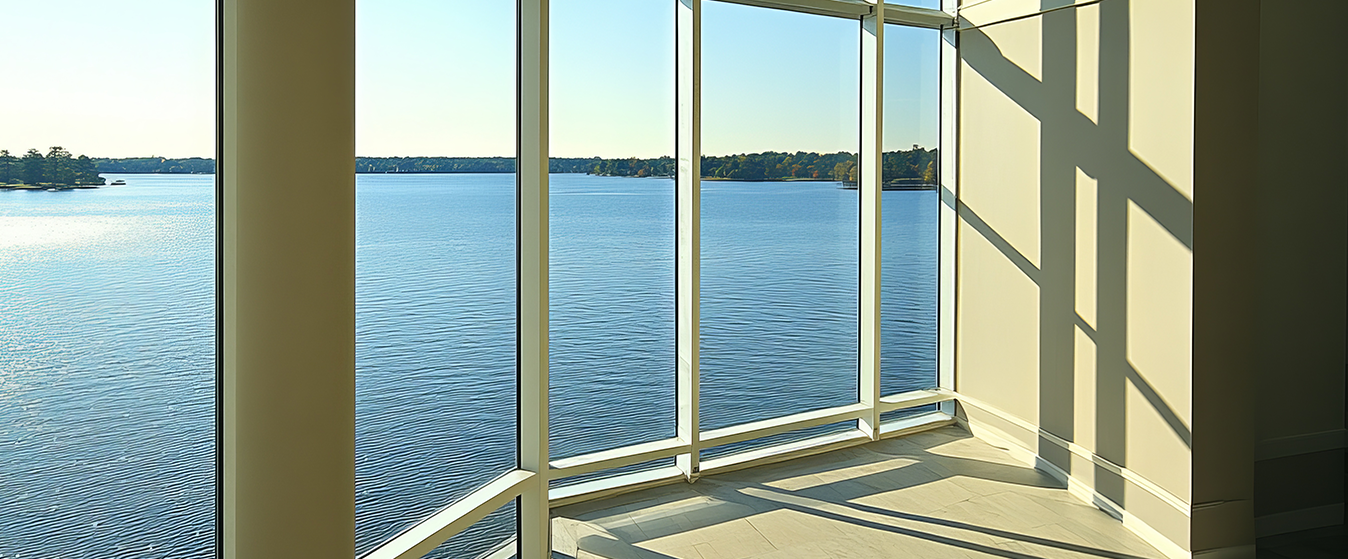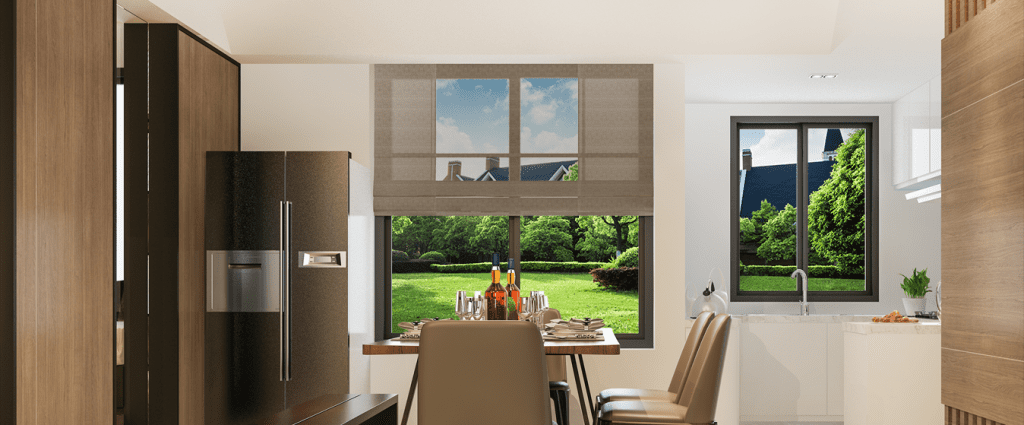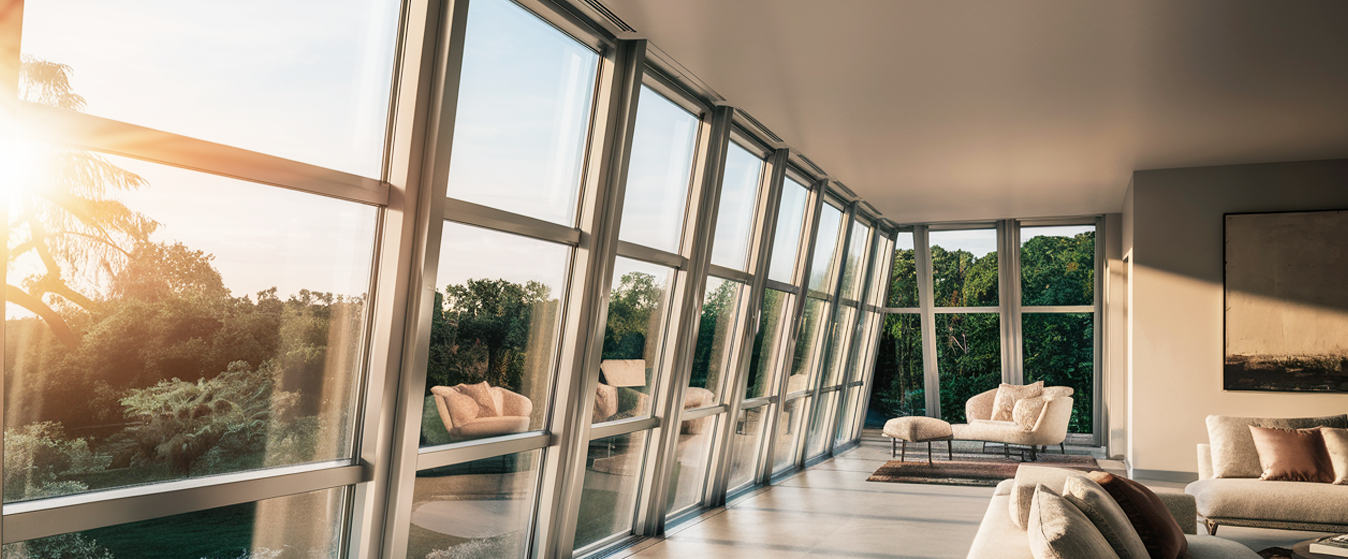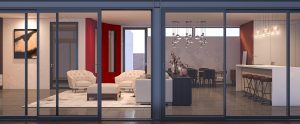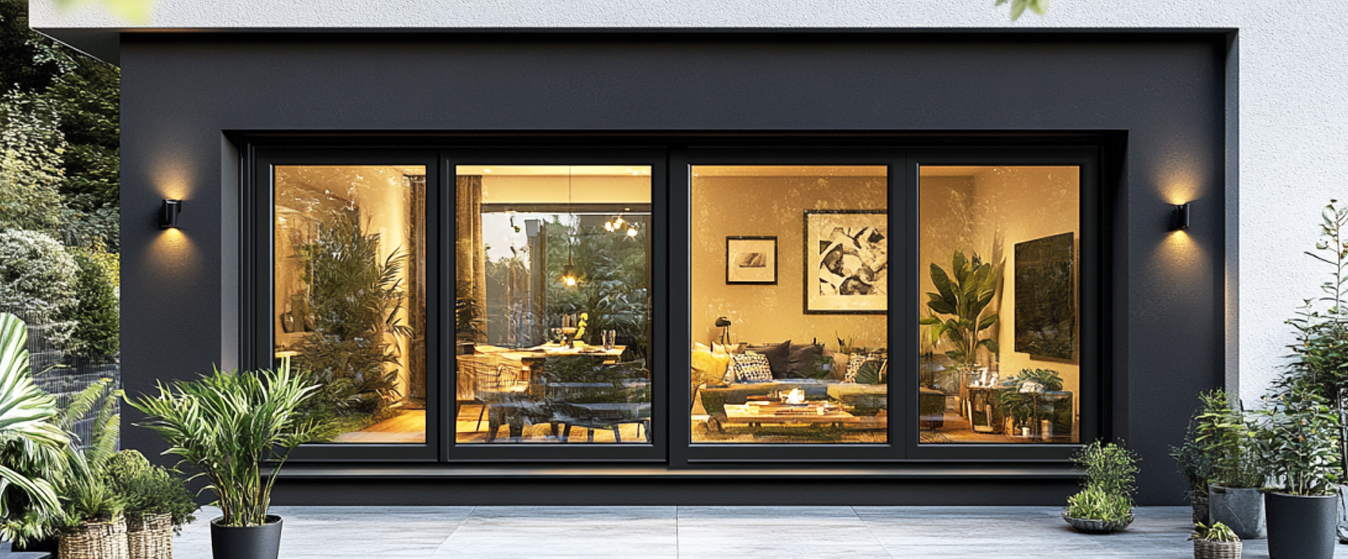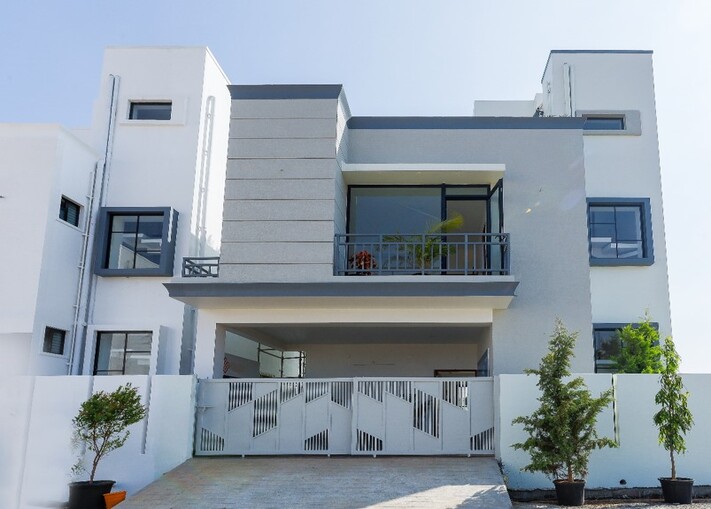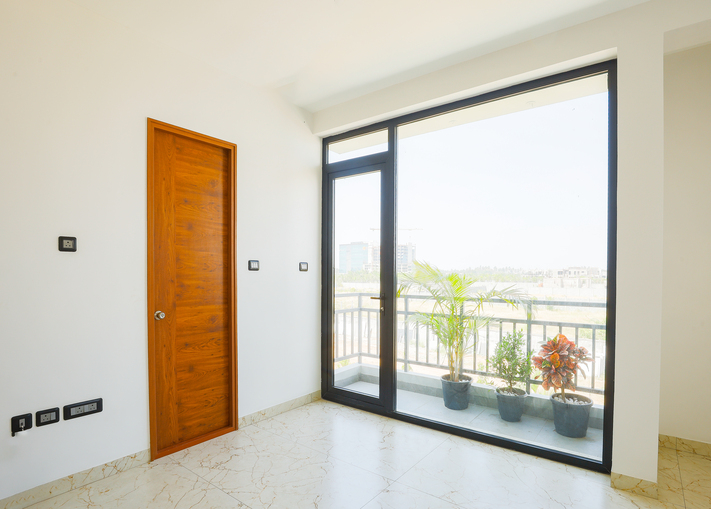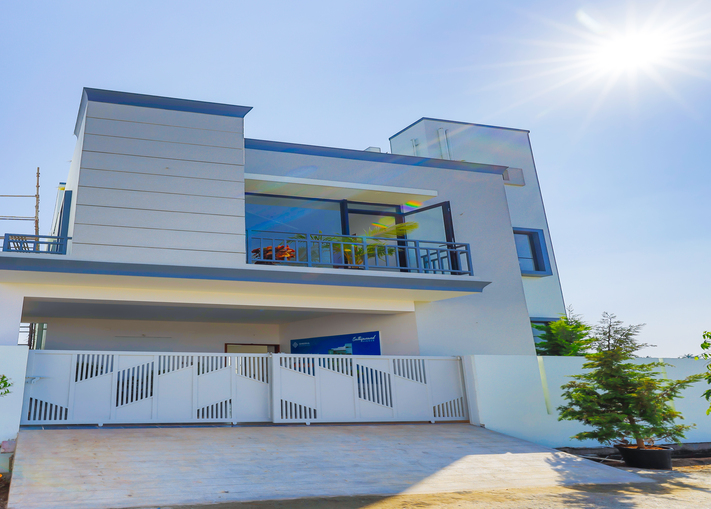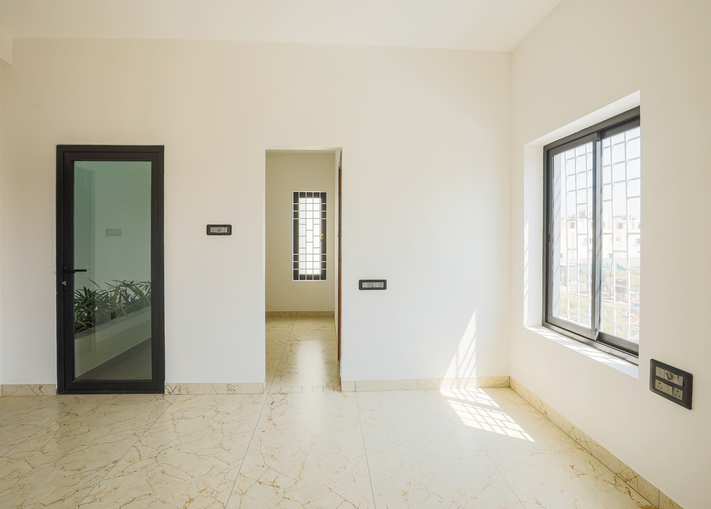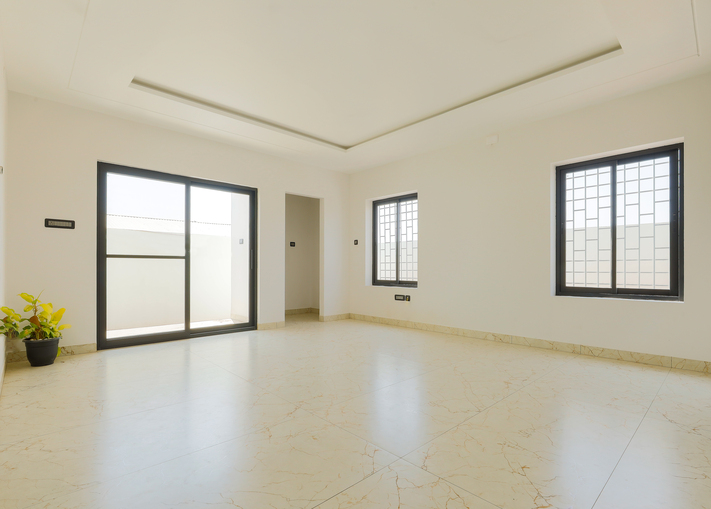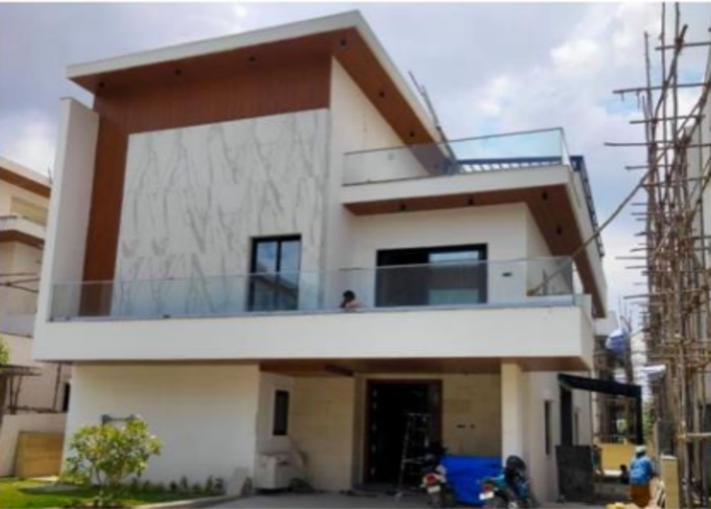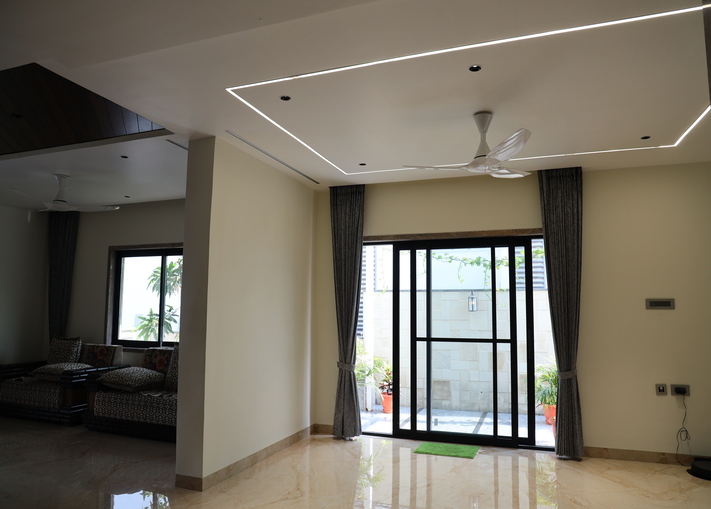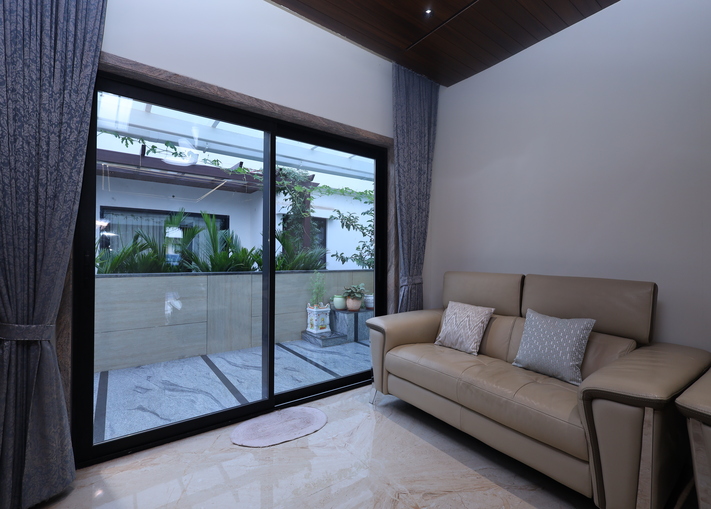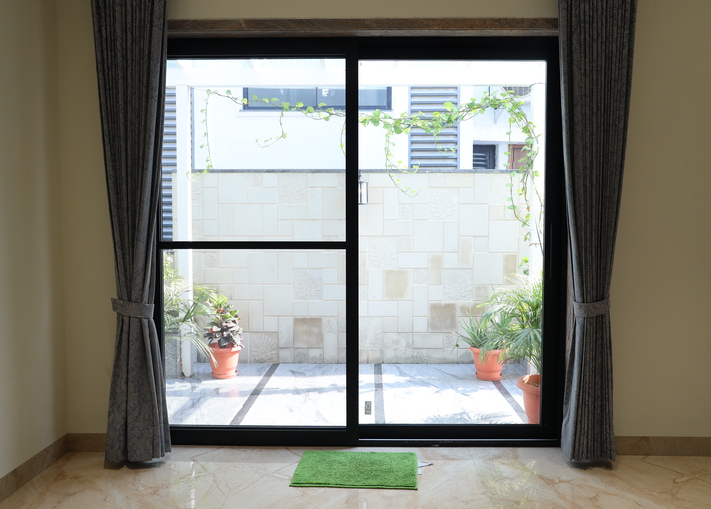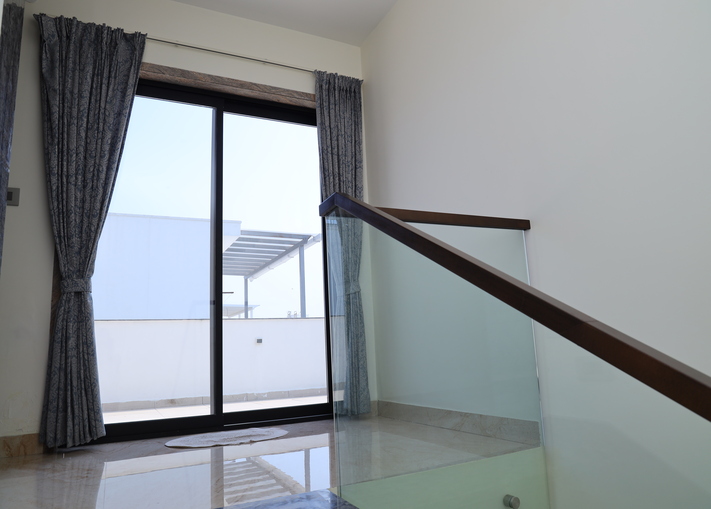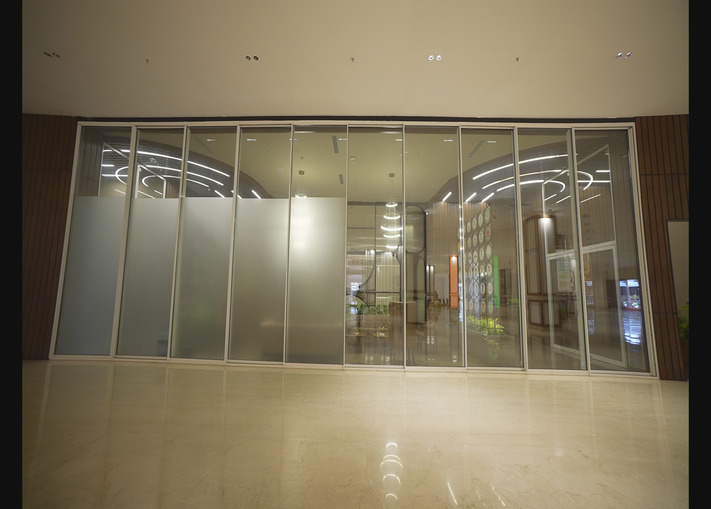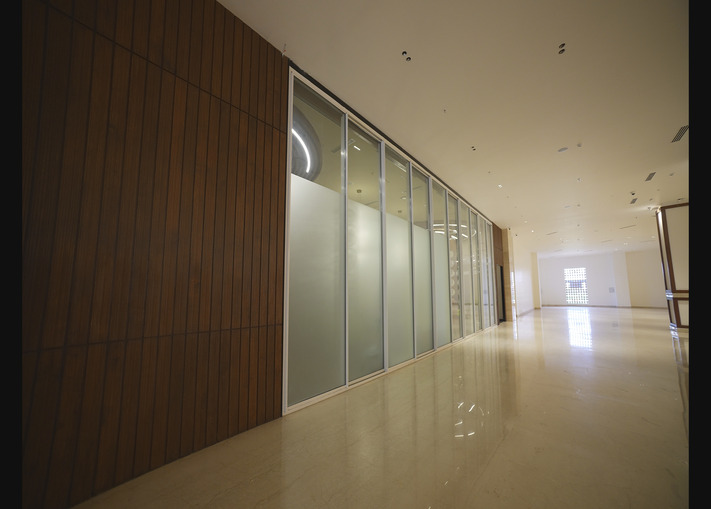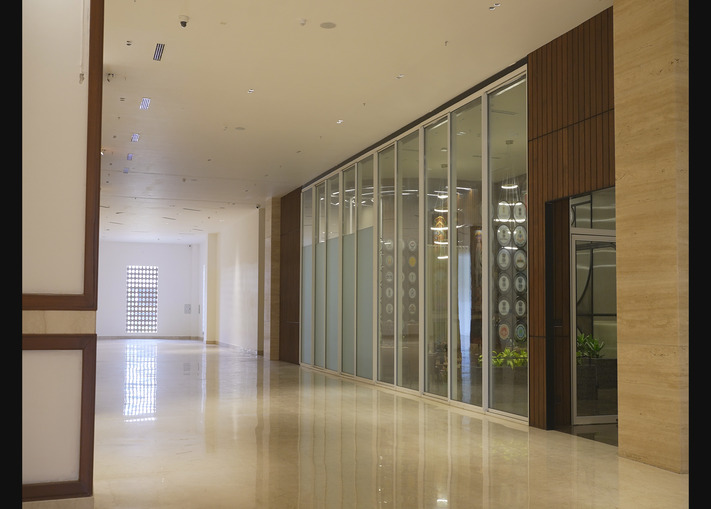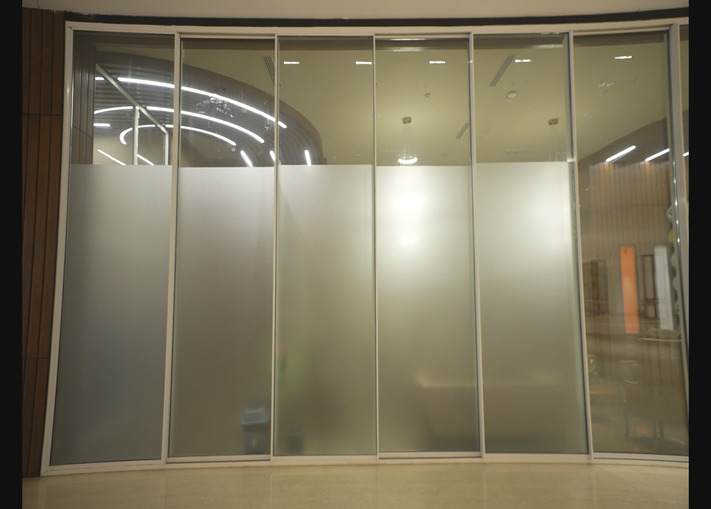FAQs on windows and water damage : answers by one of the leading aluminum window frames manufacturers
April 5, 2024
Windows let in sunshine and fresh air. However, they can also become secret water pathways. Cracks can form in the seals around the window, letting raindrops slowly leak in. This might not seem like much at first, but over time, that tiny leak can turn into a big problem. Water can seep behind the walls, causing mold to grow and even rotting the wood framing of your house. These repairs can be expensive and time-consuming, so it’s important to catch any window leaks early on. As one of the leading aluminum window frames manufacturers, we share with you some of the FAQs and their answers on windows and how they can lead to water damage:
Question 1: How can open and closed windows lead to water damage?
While opening windows lets in fresh air, it also exposes your home to rain, especially during storms. This direct entry of water can damage window frames, sills, and nearby furniture. But even closed windows can be culprits. Over time, seals and weatherproofing can wear down, allowing water to seep in through cracks and gaps. This moisture can lead to mold growth, rotting wood around the window, and peeling paint. To prevent these issues, regular window maintenance and inspection are key, along with ensuring proper sealing during installation.
Question 2: What damage can a leaking window cause?
- Structural Damage: Leaking windows can cause progressive damage, starting with the window frame itself, especially if it’s wood. Over time, the water can reach:
- Floorboards: Moisture can travel down the walls and eventually reach floorboards, causing warping or rot.
- Support beams: In severe cases, extensive water infiltration can even weaken structural support beams.
- Wall Damage: Water seepage from leaky windows can damage adjoining walls in several ways:
- Seepage: Visible water stains and dampness on the wall surface.
- Sagging: Waterlogged drywall can become heavy and start to sag or bulge.
- Paint damage: Moisture can cause paint to bubble, peel, or flake off the walls.
- Mold Growth: Leaking windows create a damp environment perfect for mold growth. Mold can spread quickly and cause further damage to:
- Surrounding materials: Furniture, rugs, and carpets near the leak are susceptible to mold damage.
- Structural integrity: In extreme cases, extensive mold growth can weaken the structure of the house.
Question 3: What are the signs that your windows are no longer effective in preventing water damage?
Signs that your windows may need replacement or repair include:
- Visible cracks or gaps in the window frame or between the frame and the wall.
- Condensation inside double or triple-glazed window panes, indicating a seal failure.
- Soft, rotting wood on wooden window frames.
- Frequent fogging.
- Unexplained moisture or mold growth around the window area.
Addressing these issues promptly can prevent more extensive and expensive water damage in the future.
Question 4: How to fix a leaking window?
There isn’t much you can do about window leaks aside from installing new windows. You can opt for weatherstipping and caulking the cracks and gaps. But these are temporary solutions. One of the effective ways to prevent water damage through windows is to install high- quality aluminum windows. Unlike many alternatives that use recycled materials, our windows are made from pure, virgin aluminum. This ensures a higher quality, more durable frame that maintains its integrity and appearance over time. We use cutting-edge technology to manufacture our windows. With a minimalist sightline of just 40mm, our windows offer a modern, refined look that maximizes natural light and enhances your view of the outside world. Despite their light weight, our windows are built to last. They offer unparalleled versatility to suit any architectural style, coupled with durability that withstands the test of time.
Question 5: Are certain types of windows more prone to causing water damage?
Yes, the type and quality of windows can significantly affect their susceptibility to water damage. Older windows and those with wooden frames are more prone to leaks and water damage. Windows that lack proper installation or high-quality waterproofing materials also pose a higher risk. Upgrading to modern, high-quality aluminum windows with double or triple glazing can drastically reduce the risk of water damage.


